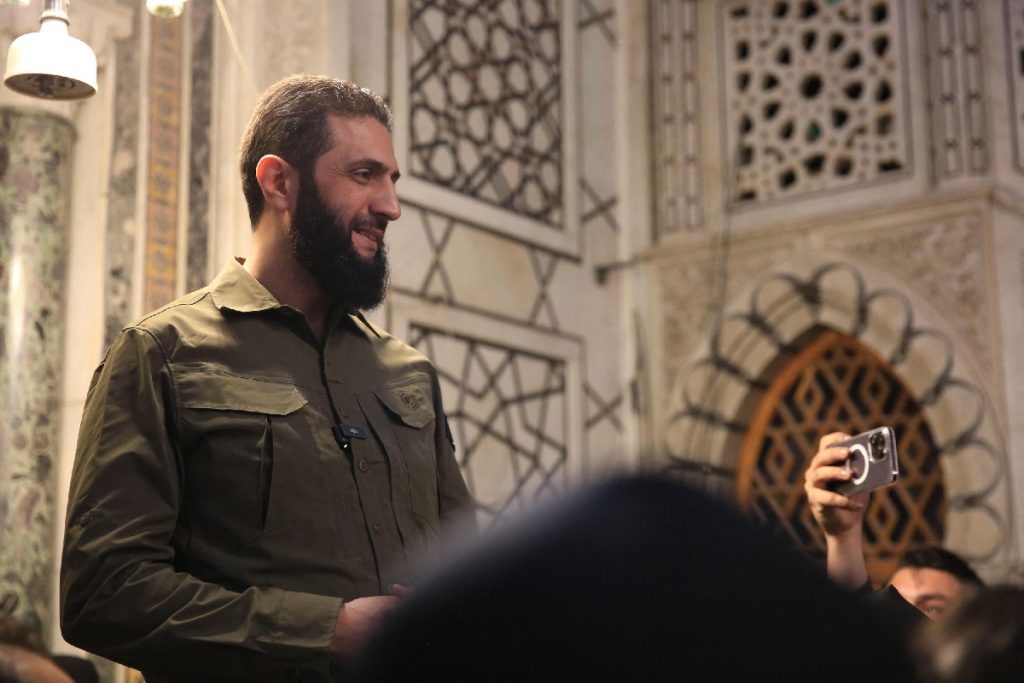Watan–Israel is seeking to expand its military and intelligence operations within Syrian territory, amid concerns of a new strategic shift that could impact its national security. Israeli officials have confirmed that Tel Aviv sees the need to maintain a permanent operational presence inside Syria, extending up to 15 kilometers, to ensure that missiles are not launched towards the occupied Golan Heights.
Israel aspires to establish a broader sphere of influence, reaching 60 kilometers into Syrian territory, under its intelligence surveillance, in order to prevent any “potential threats” from armed factions opposed to it. Israeli officials revealed that Tel Aviv is looking to gain American and European support, especially from the administration of Donald Trump if he wins the presidential election, to strengthen its military and intelligence presence in Syria and Lebanon.
One Israeli official stated that “the United States, the United Kingdom, and Germany are now dealing with the new Syrian leadership, but no one can guarantee they won’t turn against us in the future,” referring to Ahmad al-Shara, who leads the new Syrian administration following the fall of Bashar al-Assad.

Israel fears that Syria could become an open operational theater for Hamas and Islamic Jihad, as the new situation would allow them to strengthen their presence and keep the northern front active, while the new Syrian administration could deny any official involvement in these operations.
Since the fall of Assad’s regime, Israel has carried out intensive airstrikes within Syria, targeting sites it considers a direct threat to its security, but it recognizes that the calm under the new Syrian leadership may just be a temporary phase to reorganize the internal situation. Tel Aviv is working on building a new operational strategy that ensures military and proactive superiority in the region, while keeping the option for direct military intervention open if necessary.
